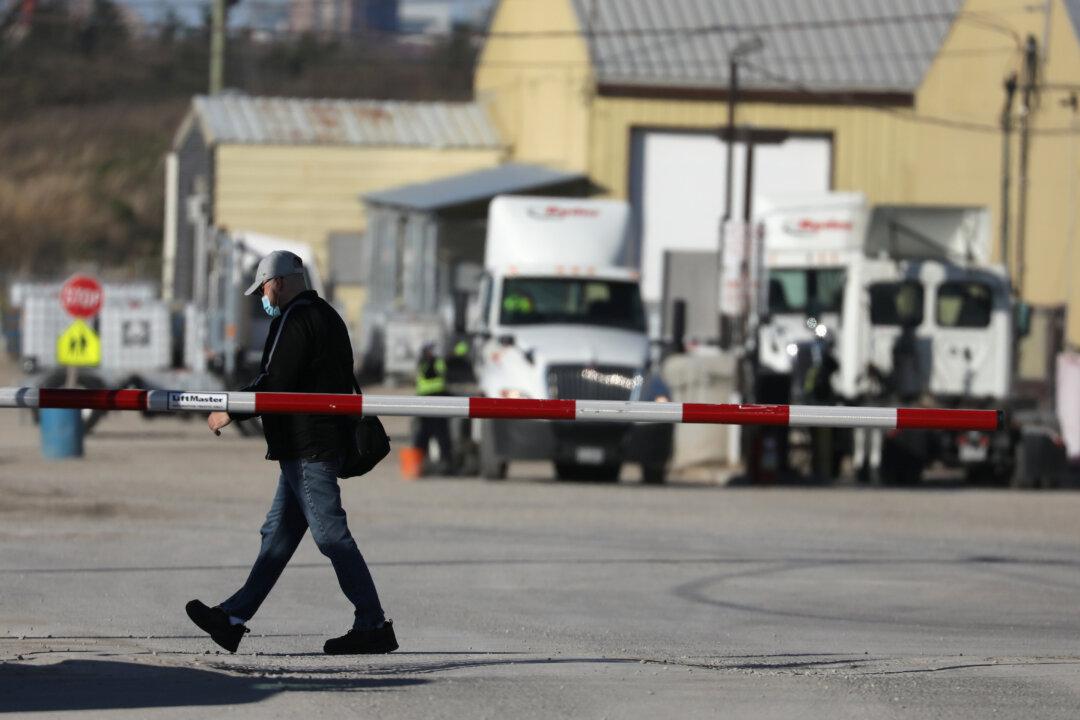WINNIPEG, Manitoba—Canada is overhauling its temporary foreign worker program, a government spokeswoman said on Friday, after coronavirus outbreaks on Ontario farms sickened hundreds and led Mexico to demand assurances of proper safeguards.
As part of the review, surprise inspections of working and living conditions on farms will immediately increase, Ashley Michnowski, communications director for Canada’s employment minister, said. Other changes are being developed, she said.





